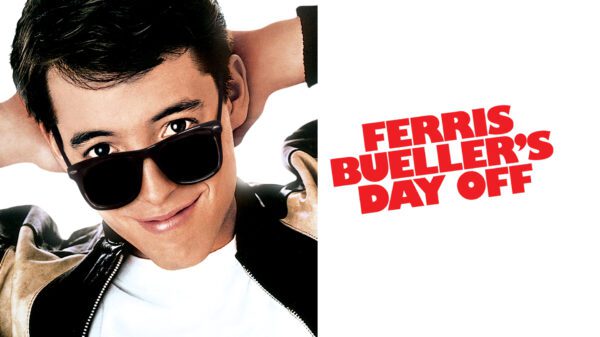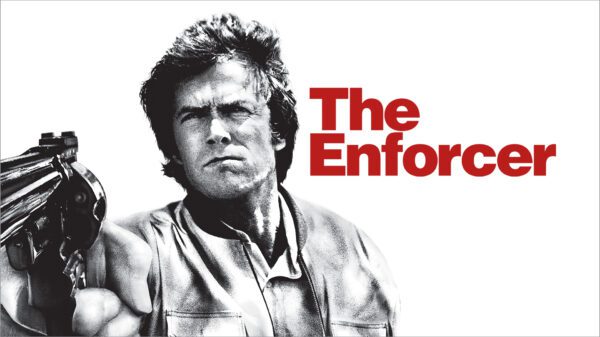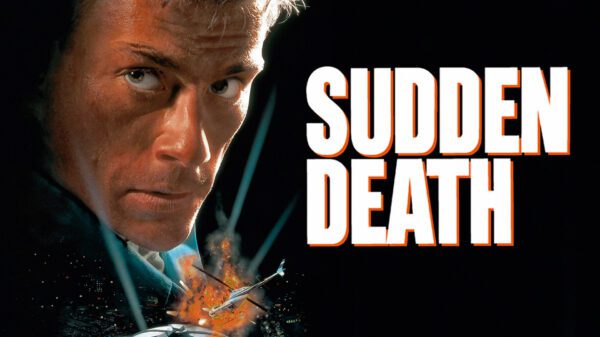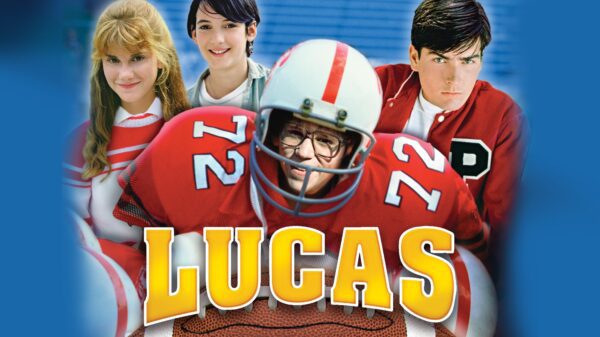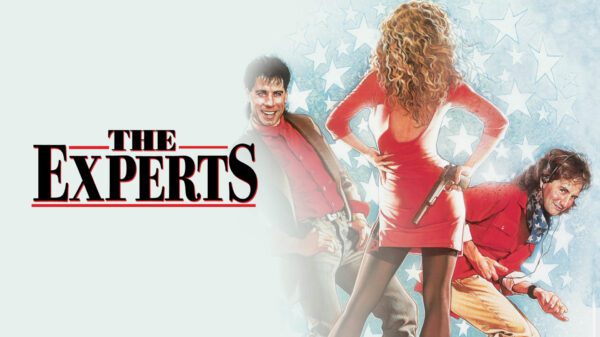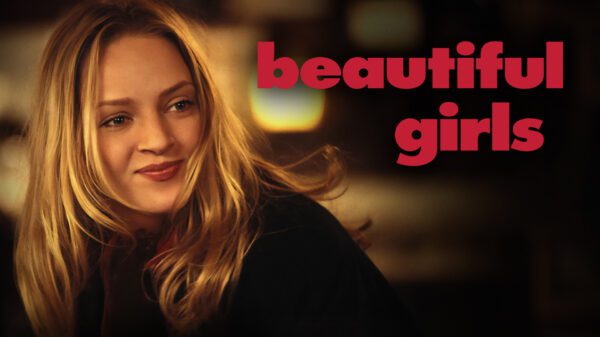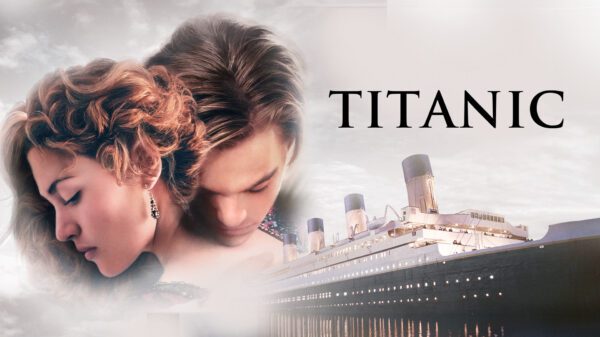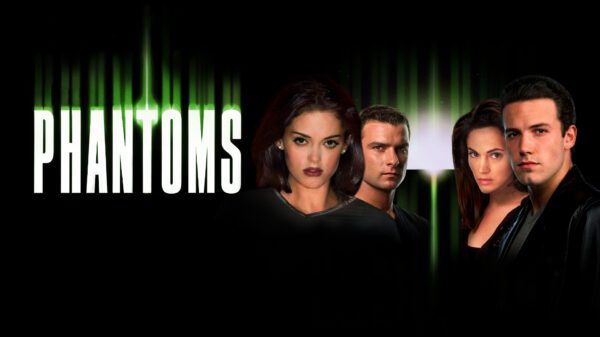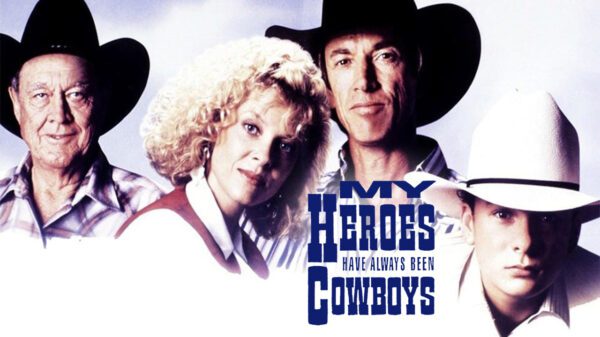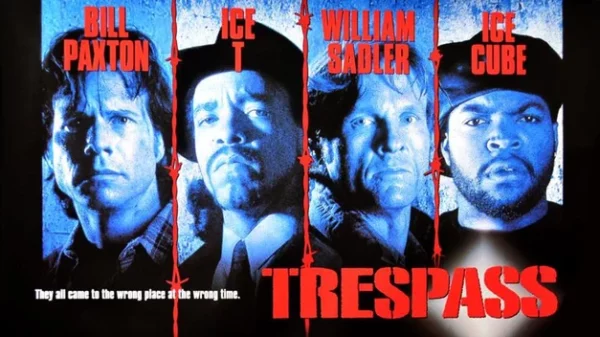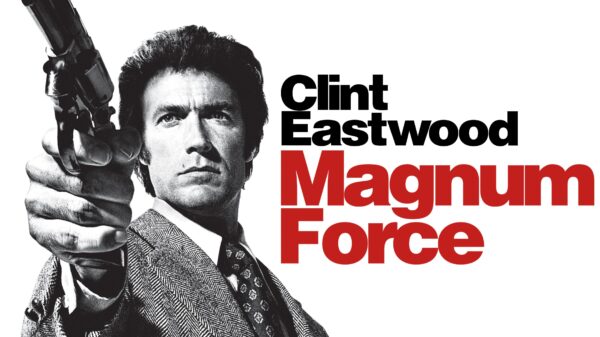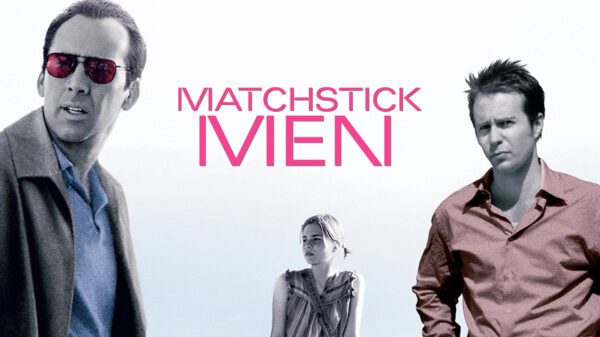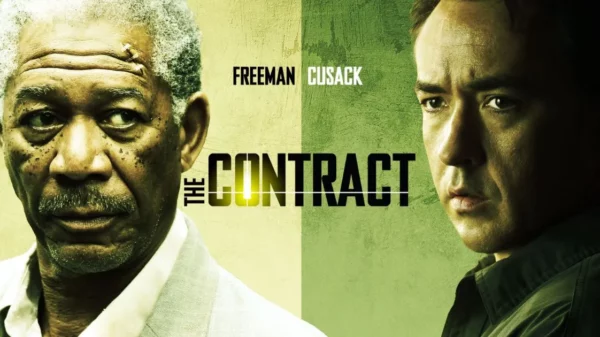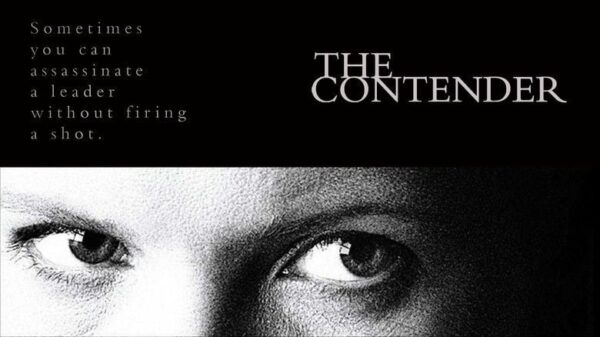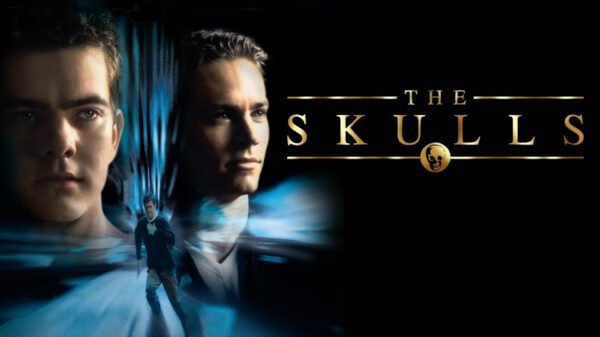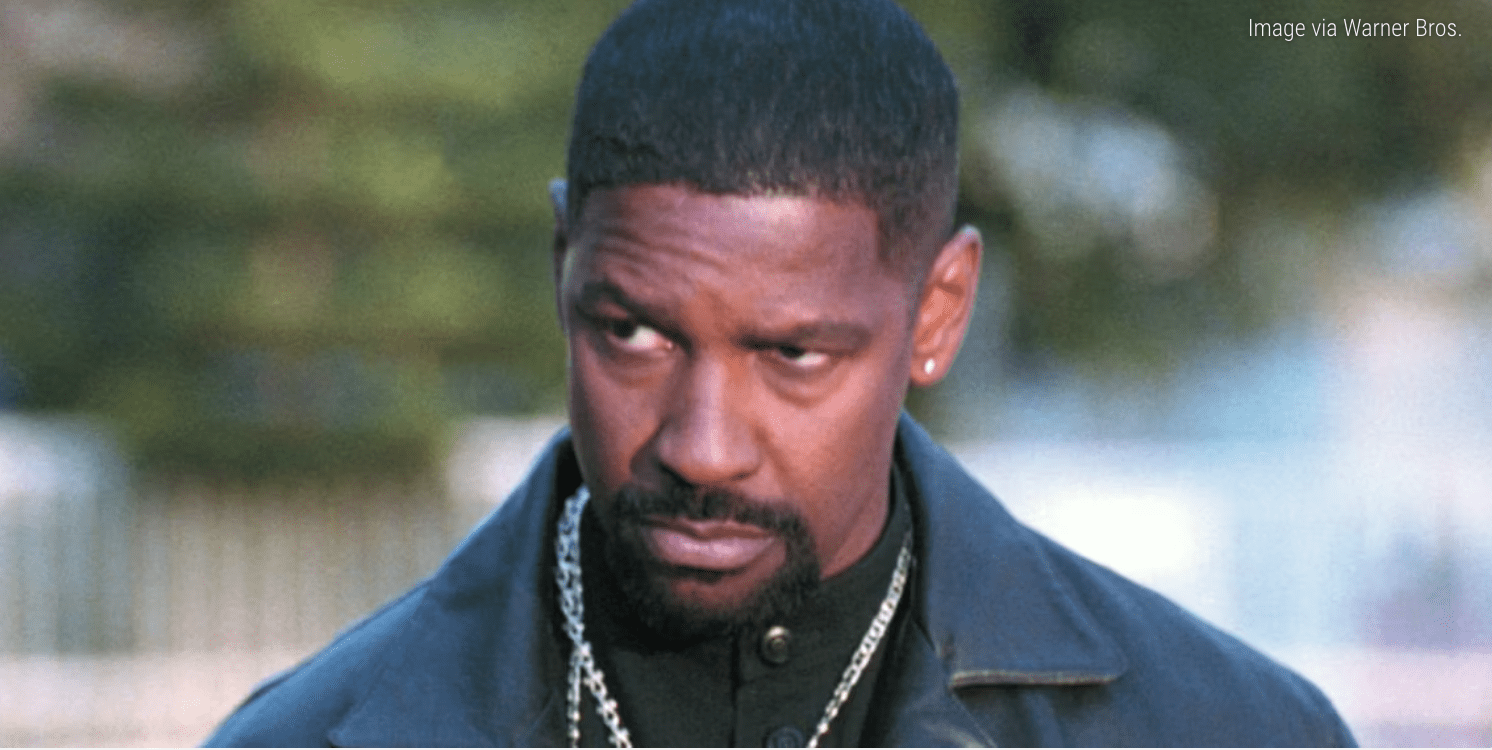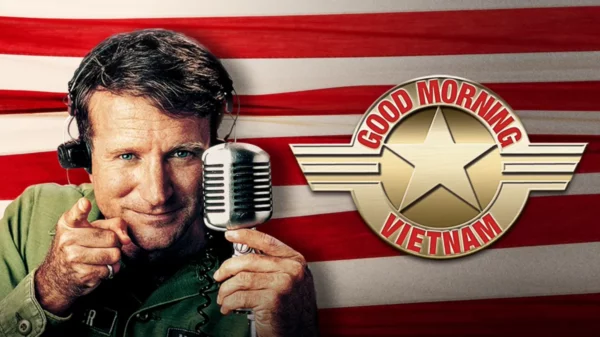Shane Black’s Kiss Kiss Bang Bang, released in theaters on October 21, 2005, is a dazzling revival of neo-noir filmmaking, bursting with razor-sharp self-awareness and an electric sense of fun. Blending crime, black comedy, and Hollywood satire, the film plays like a love letter to Raymond Chandler by way of Quentin Tarantino. Beneath the sardonic humor lies a classic mystery, but one intoxicated by irony, chaos, and unexpected heart.
Robert Downey Jr. stars as Harry Lockhart, a small-time crook whose accidental stumble into an acting audition catapults him into Hollywood. There, a private-eye training session with “Gay Perry” van Shrike (Val Kilmer, in one of his funniest and most magnetic performances) draws the unlikely duo into a tangled web of murder, deceit, and mistaken identities.
Michelle Monaghan shines as Harmony Lane, Harry’s childhood crush turned struggling actress, embodying both noir glamour and palpable modern vulnerability.
Corbin Bernsen plays a menacing studio mogul whose shadowy dealings drive much of the film’s intrigue.
Shannyn Sossamon, Rockmond Dunbar, and Larry Miller round out the cast with pointed, pitch-perfect turns that keep the Los Angeles underworld pulsing with menace and mirth.
Black’s direction—his first outing behind the camera—showcases the whip-smart verbal dexterity that defined his screenwriting in Lethal Weapon and The Last Boy Scout, but here it’s fused with a meta-narrative intelligence that turns clichés inside out.
The voiceover narration, slyly unreliable and self-correcting, becomes both a punchline and a storytelling device.
Noir tropes—hard-boiled detectives, dames in distress, and corpses in car trunks—are reimagined as symbols of Hollywood illusion, exposing how both cinema and life thrive on reinvention.
Cinematographer Michael Barrett captures a glitzy, nocturnal Los Angeles that feels beautiful yet bruised, perfectly mirroring the unstable moral world the characters inhabit.
The editing and pacing strike a tight rhythm that sustains tension through a maze of revelations without ever losing its comedic rhythm.
Kiss Kiss Bang Bang was screened out of competition at the Cannes Film Festival in 2005.

Robert Downey Jr. in Kiss Kiss Bang Bang (Photo/Warner Bros.)
Reception for Kiss Kiss Bang Bang
Kiss Kiss Bang Bang grossed $180,660 on its opening weekend, in limited release on eight screens, but earning an impressive $22,582 per screen.
The film would gross $15.8 million worldwide.
Legacy
Kiss Kiss Bang Bang earned critical praise but struggled commercially, only later ascending to cult status.
For many, it marked Downey Jr.’s acting renaissance—his charisma, timing, and vulnerability here directly prefigured the wit and swagger that would define his later turn as Tony Stark.
It also restored Kilmer’s reputation as one of the era’s most versatile performers and reaffirmed Black’s talent as a writer-director capable of balancing irony with emotion.
Smart, stylish, and wildly entertaining, Kiss Kiss Bang Bang stands as one of the most inventive American noirs of the 21st century—self-aware but sincere, cynical yet brimming with life.

